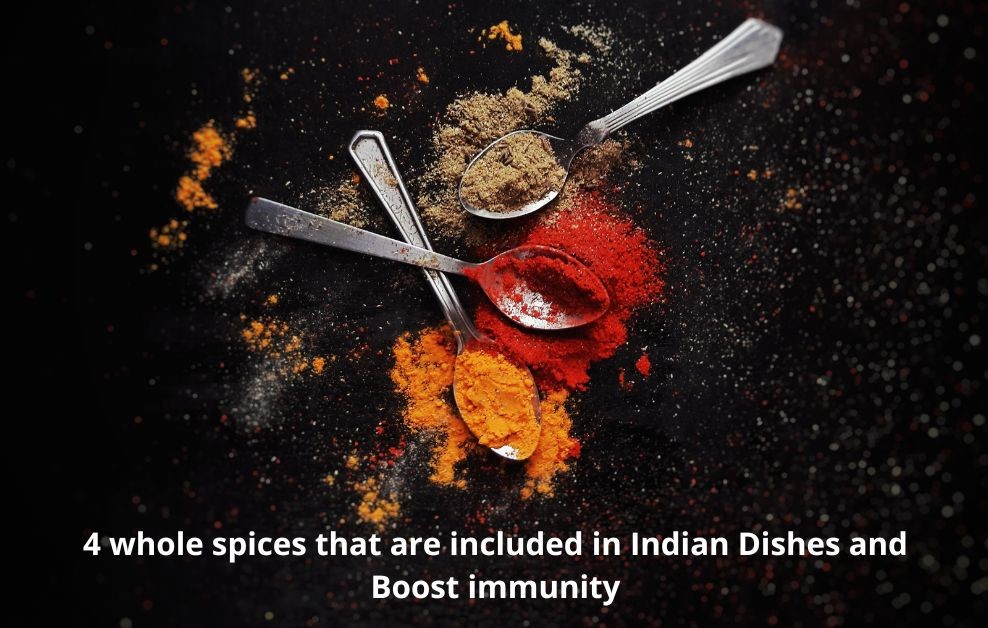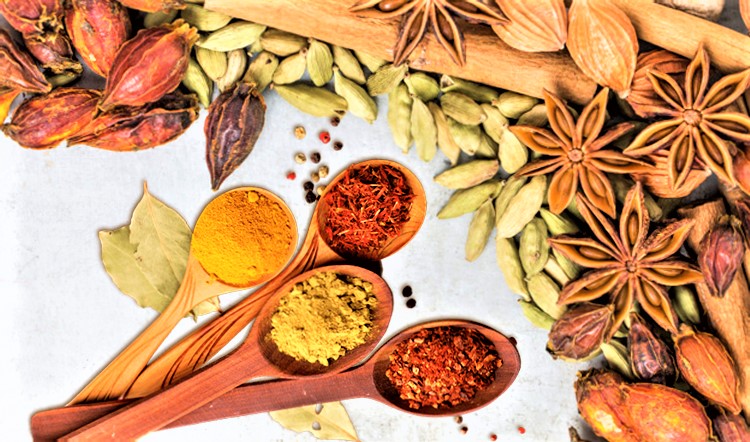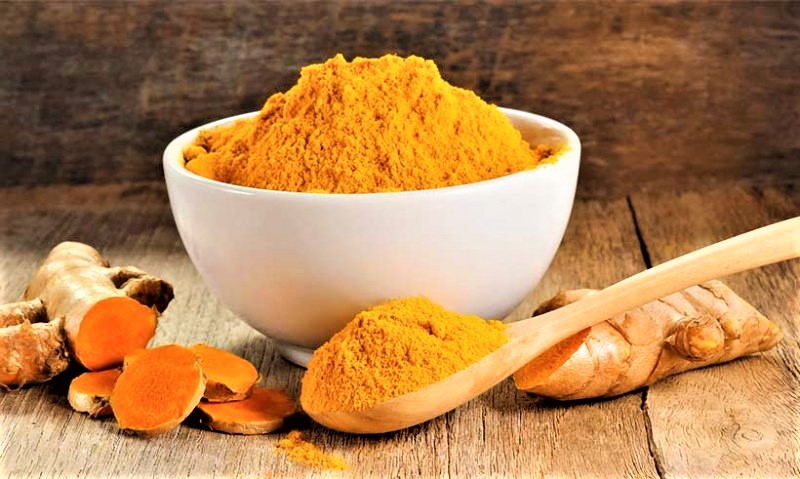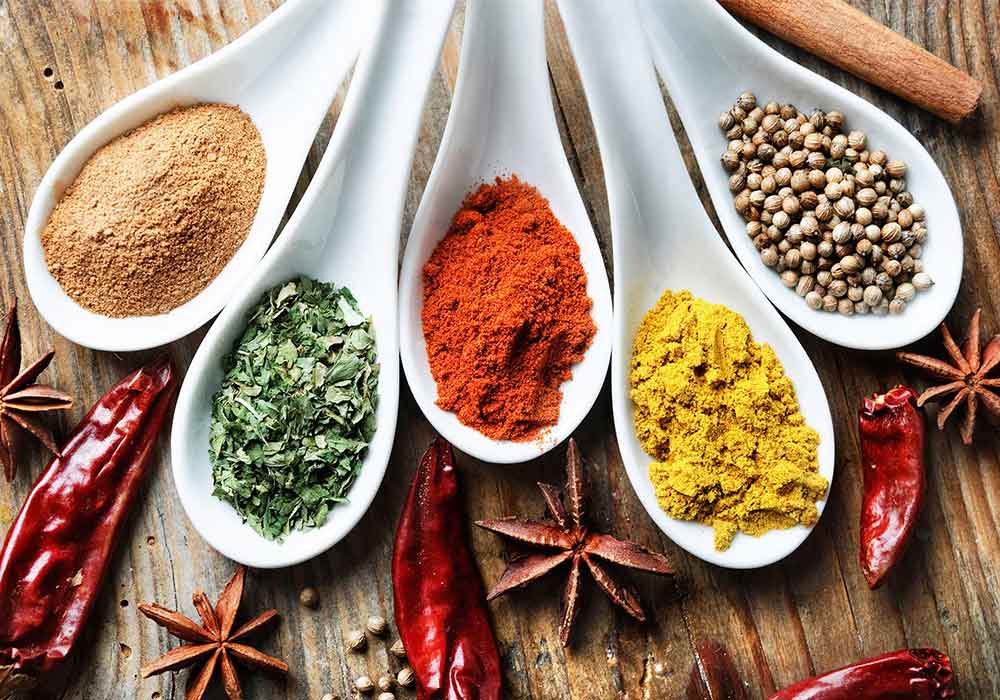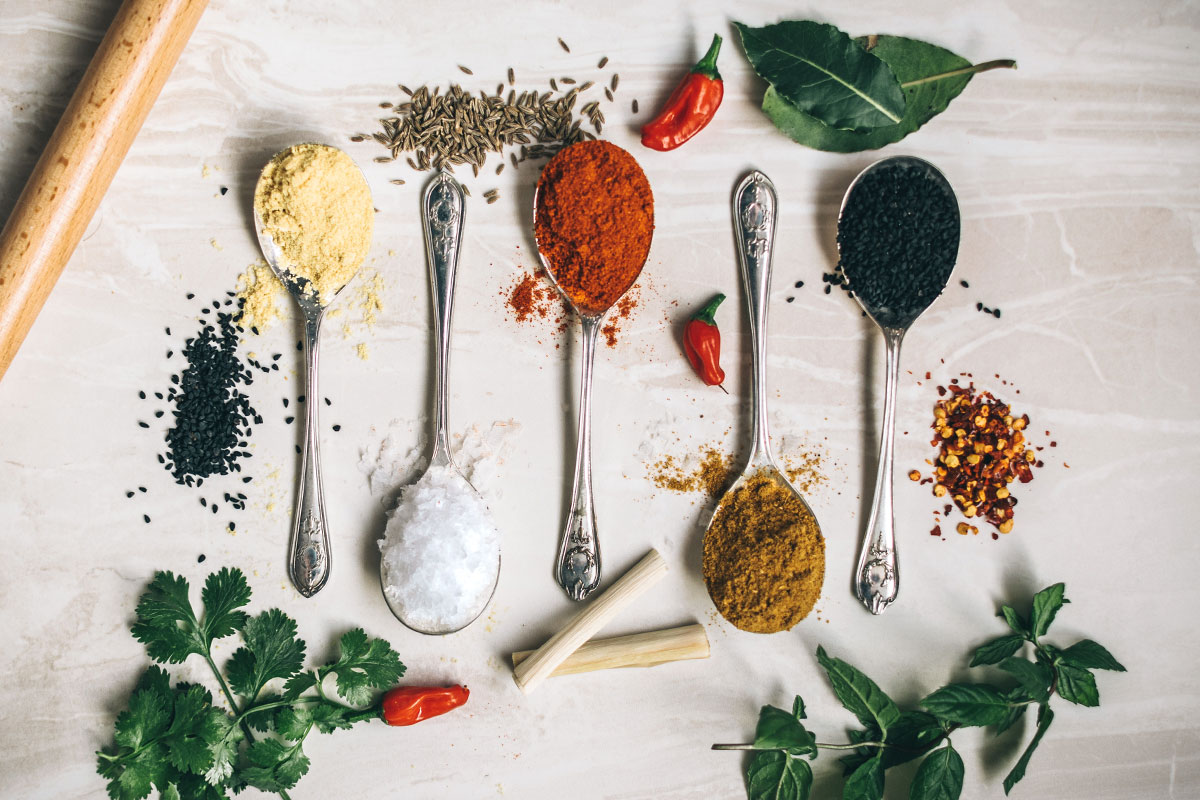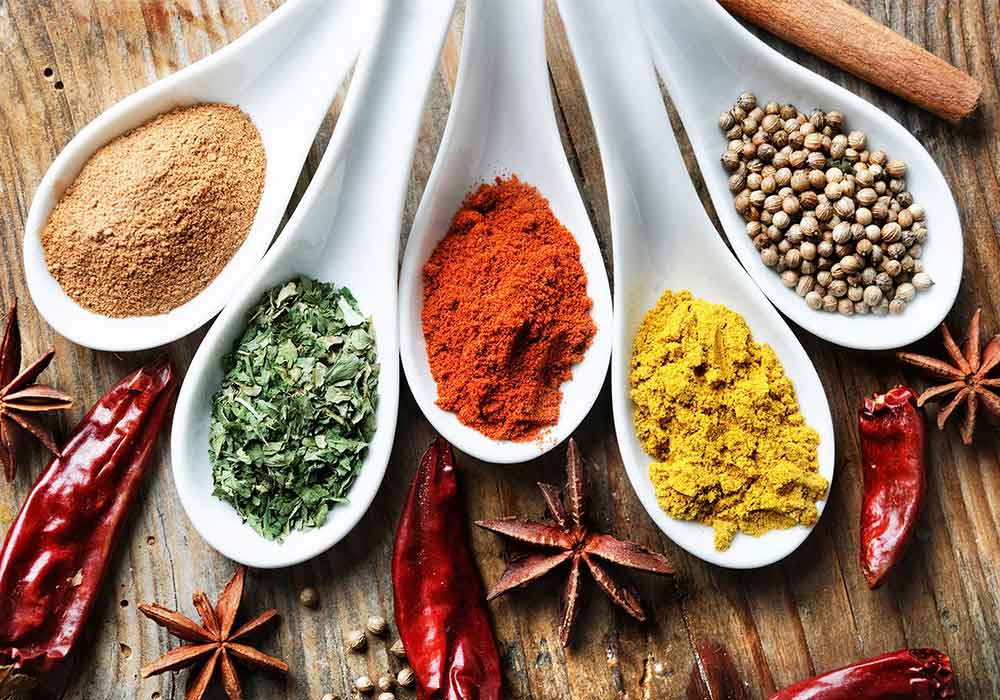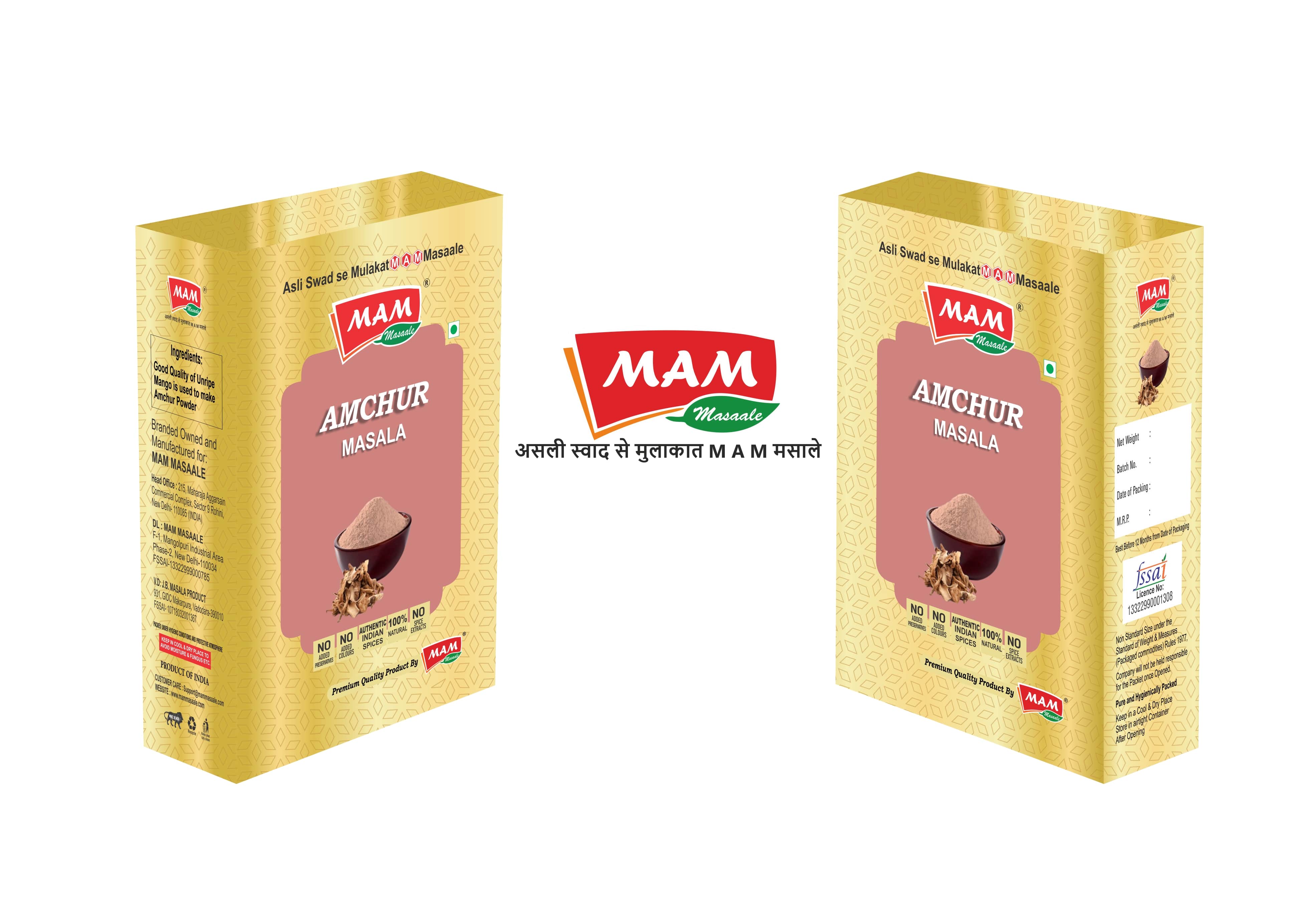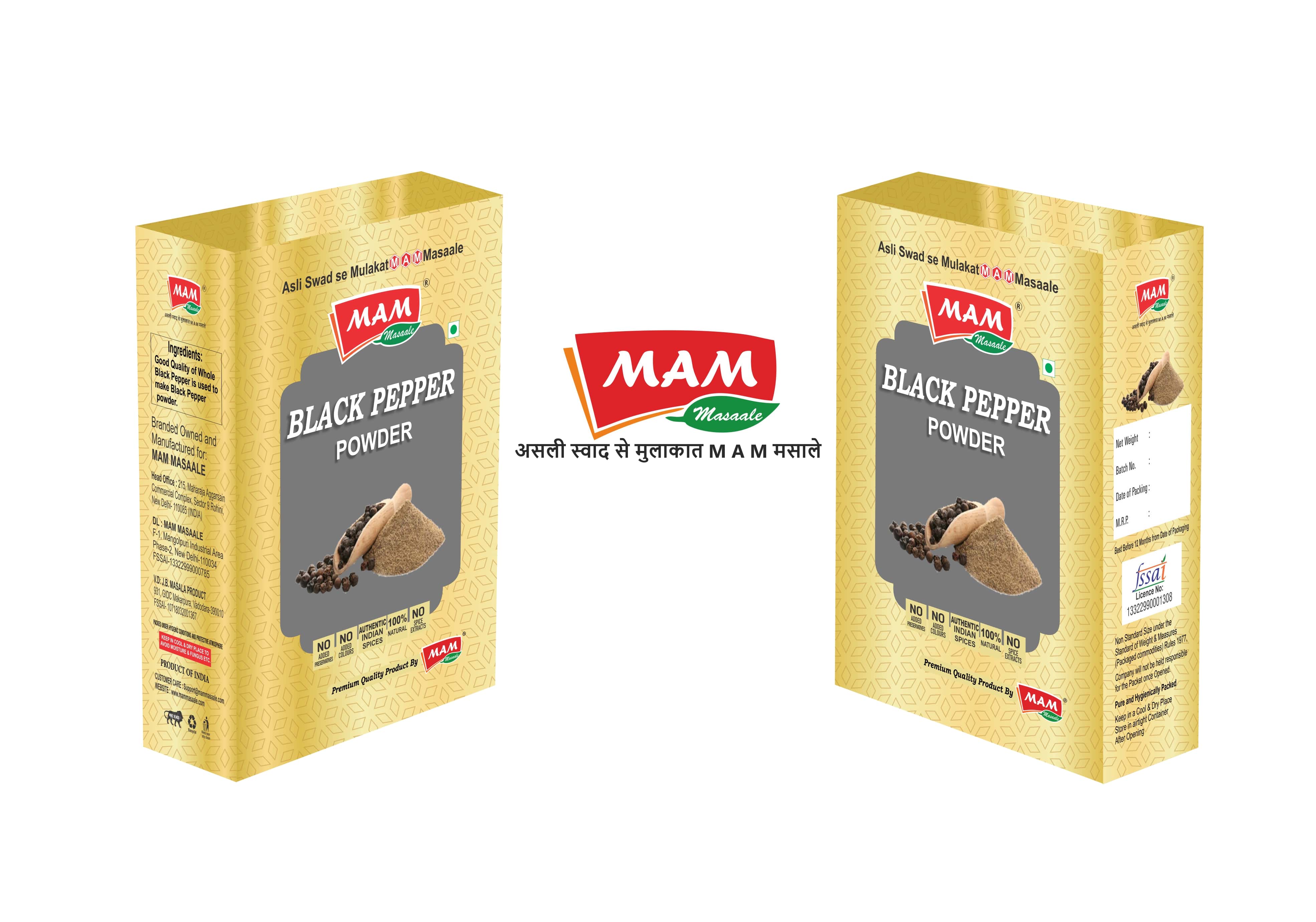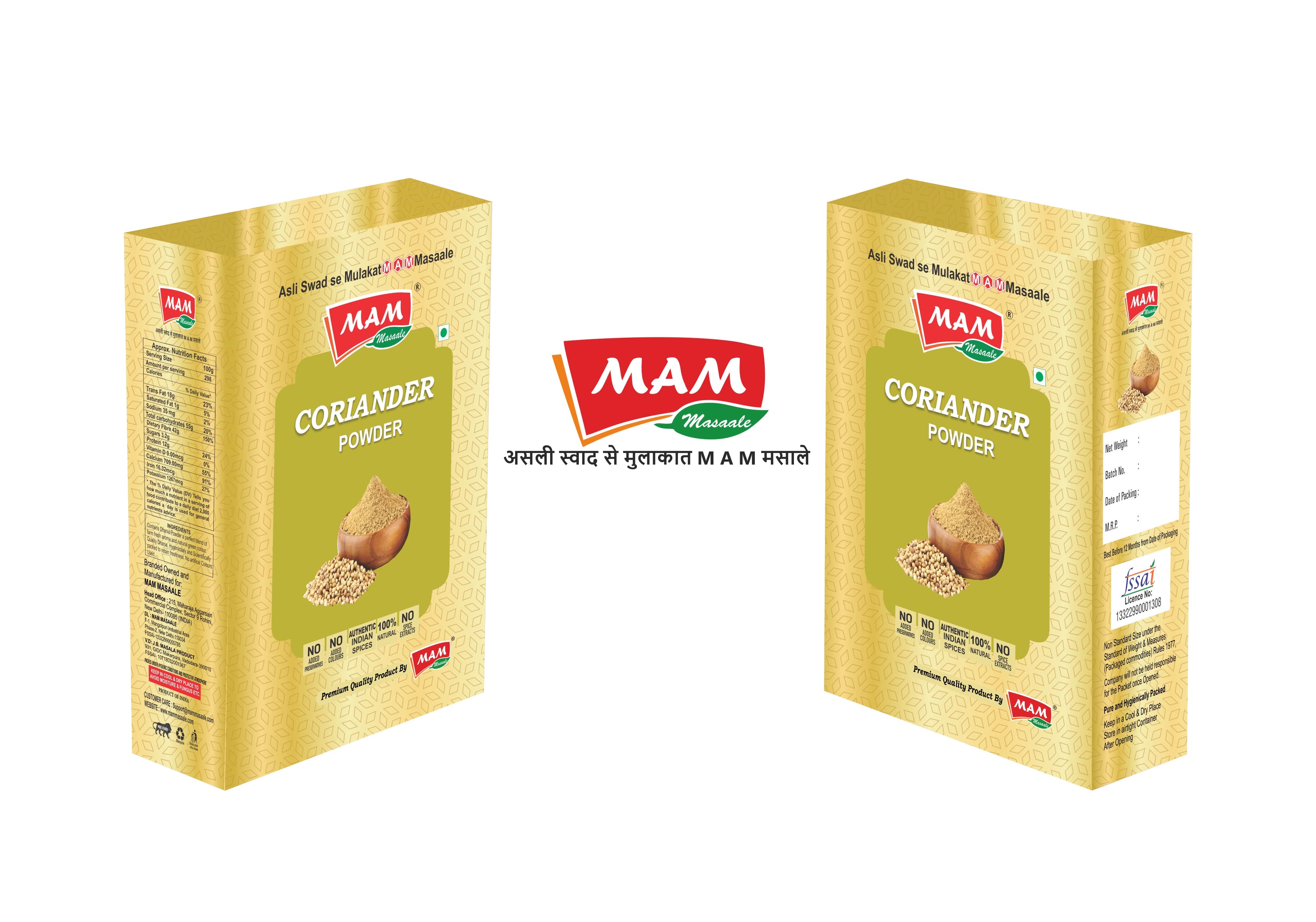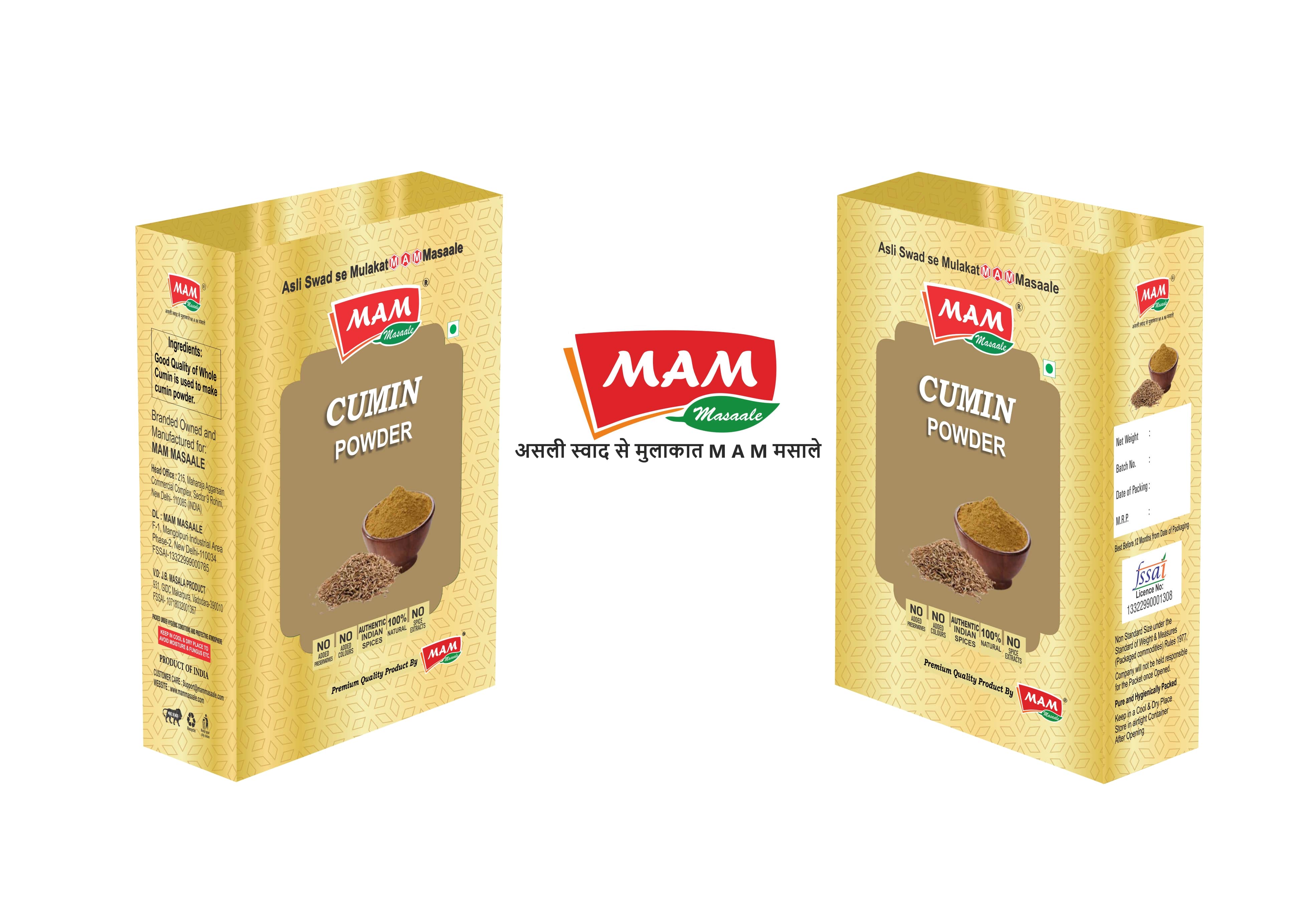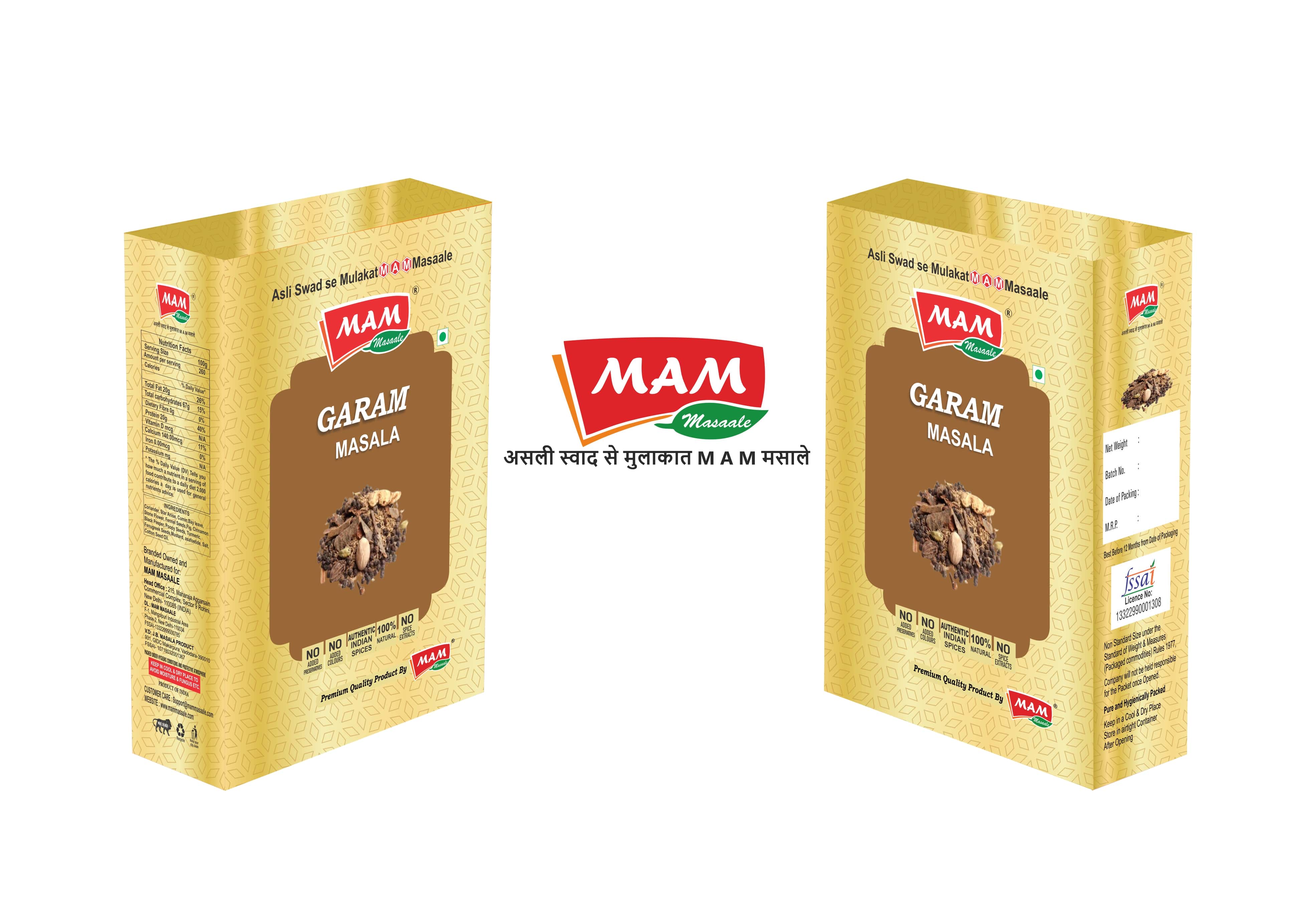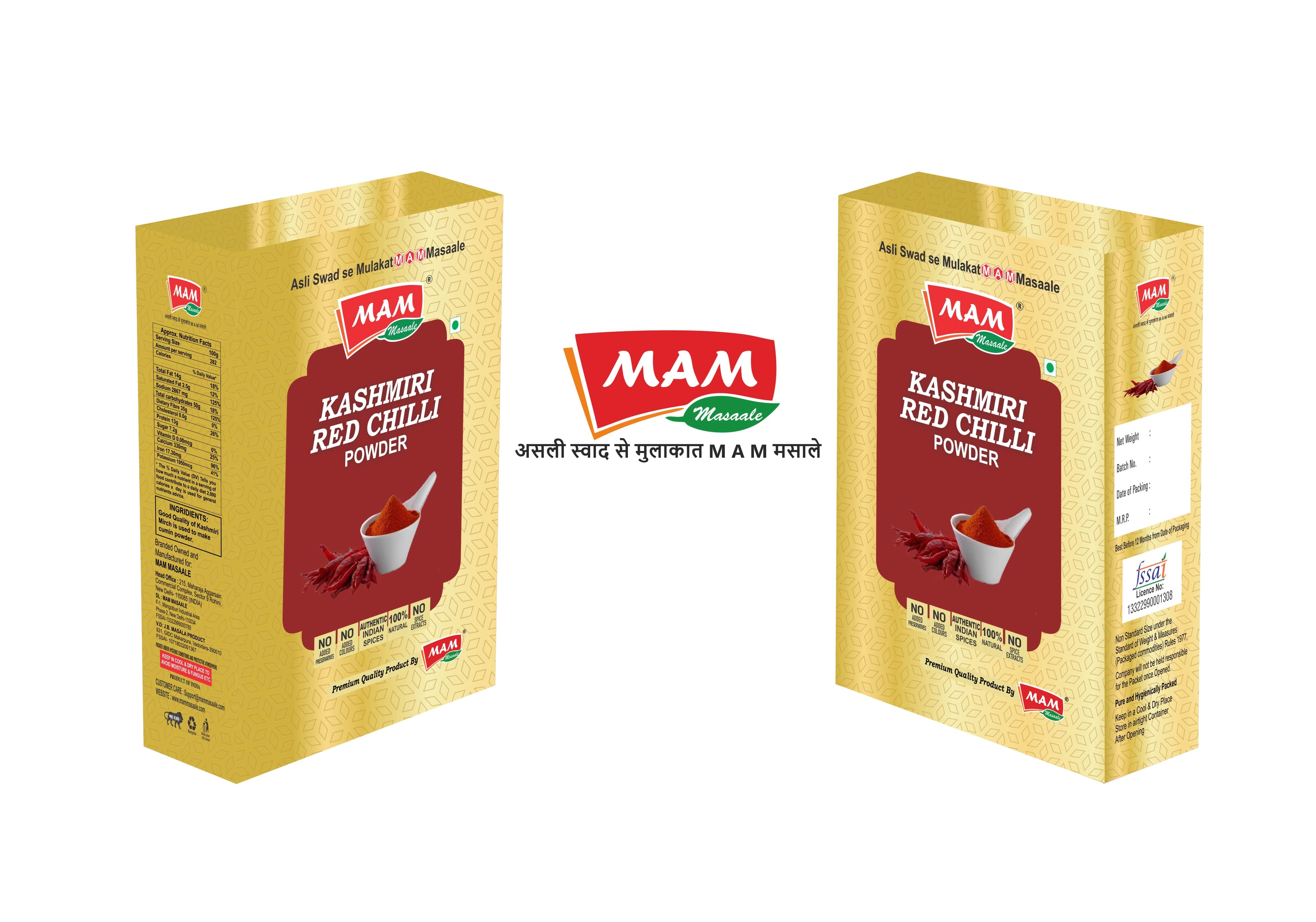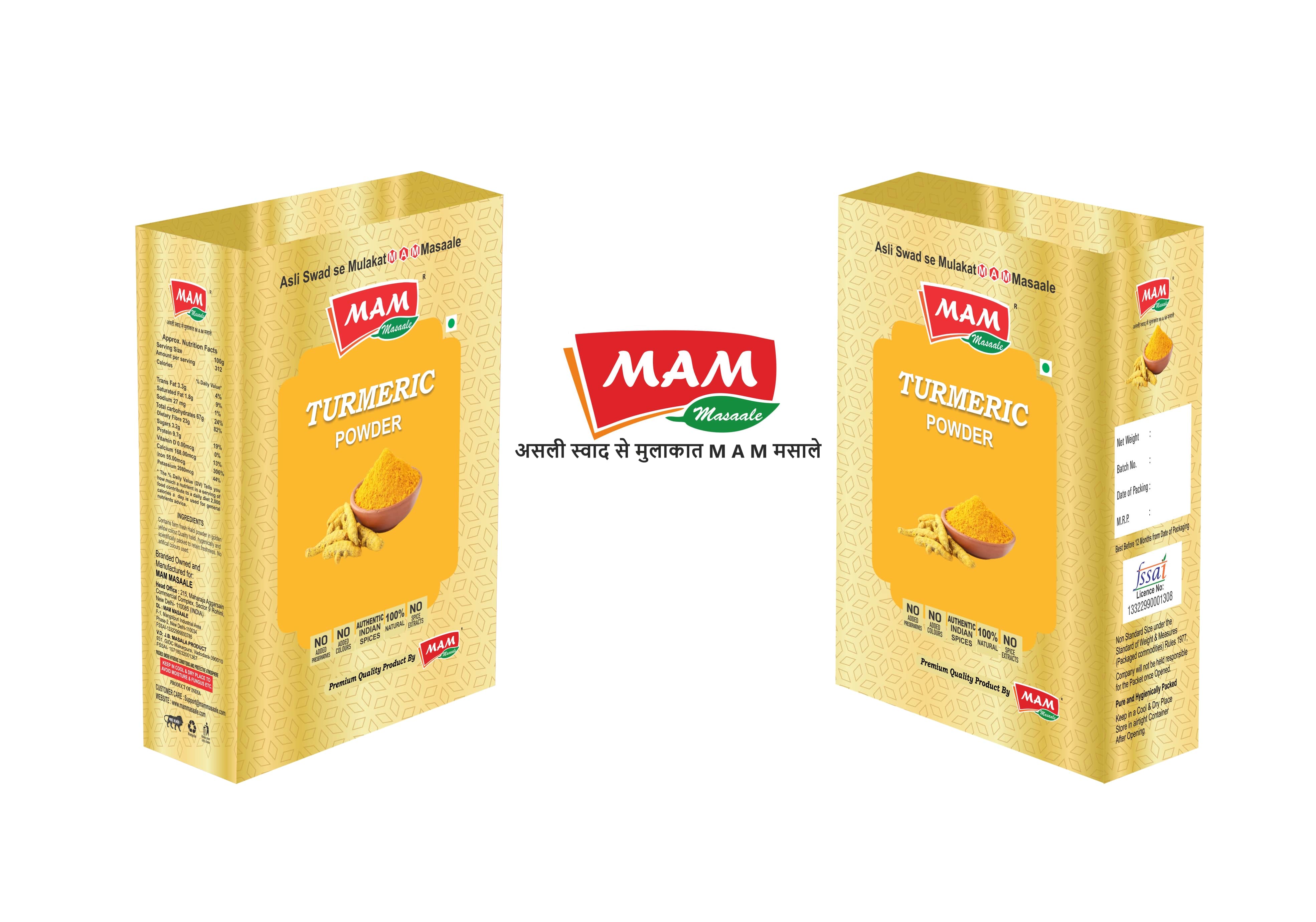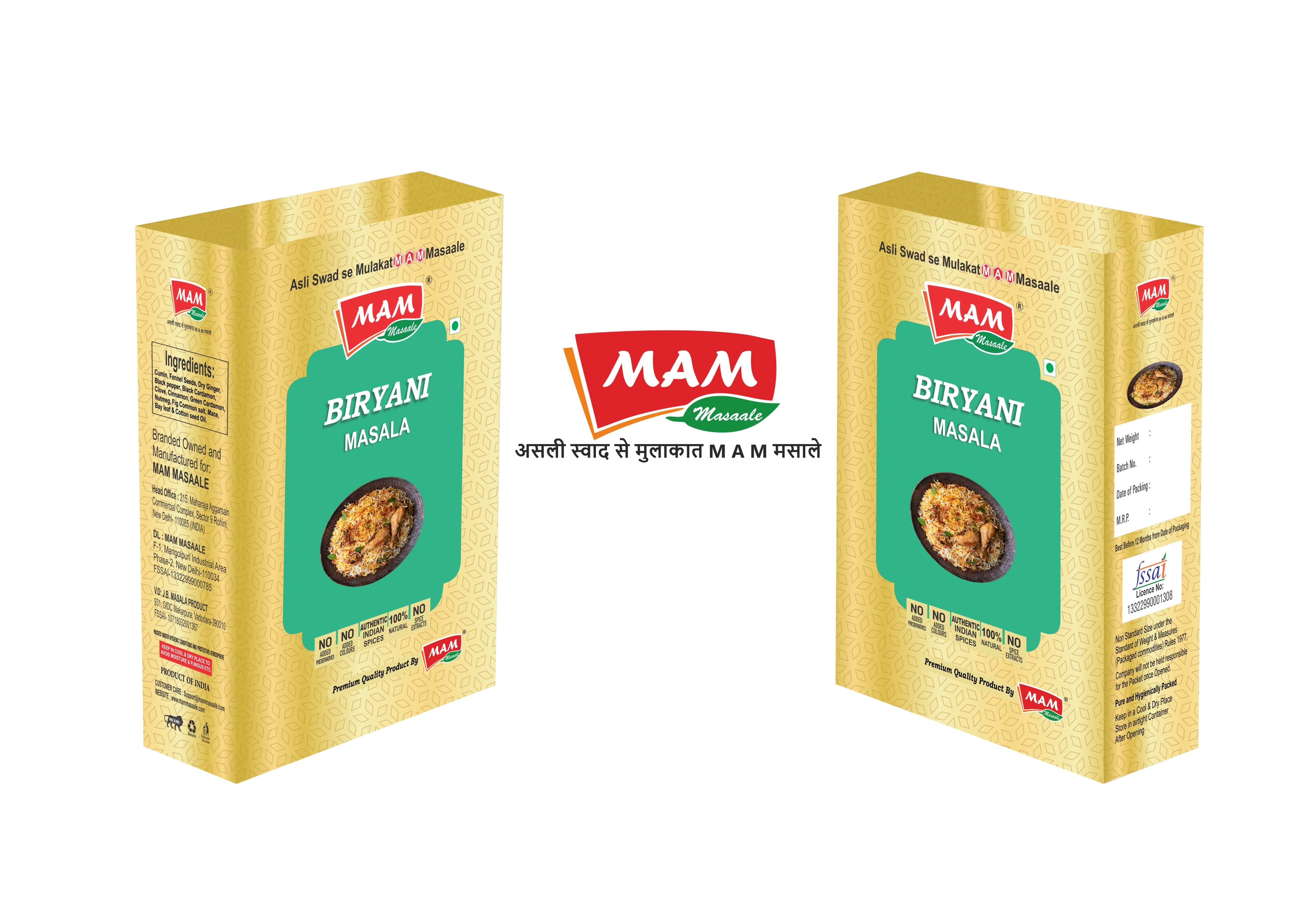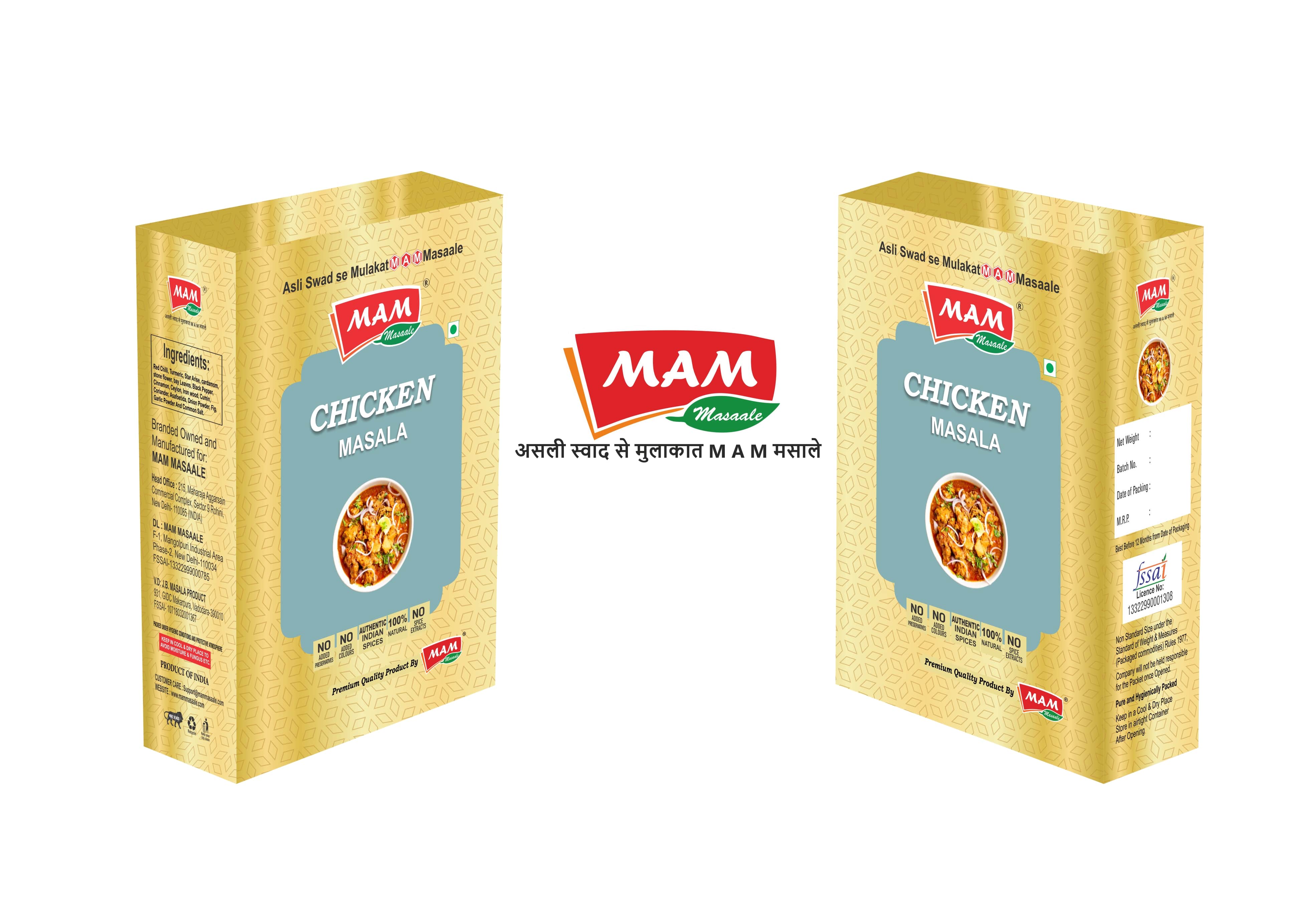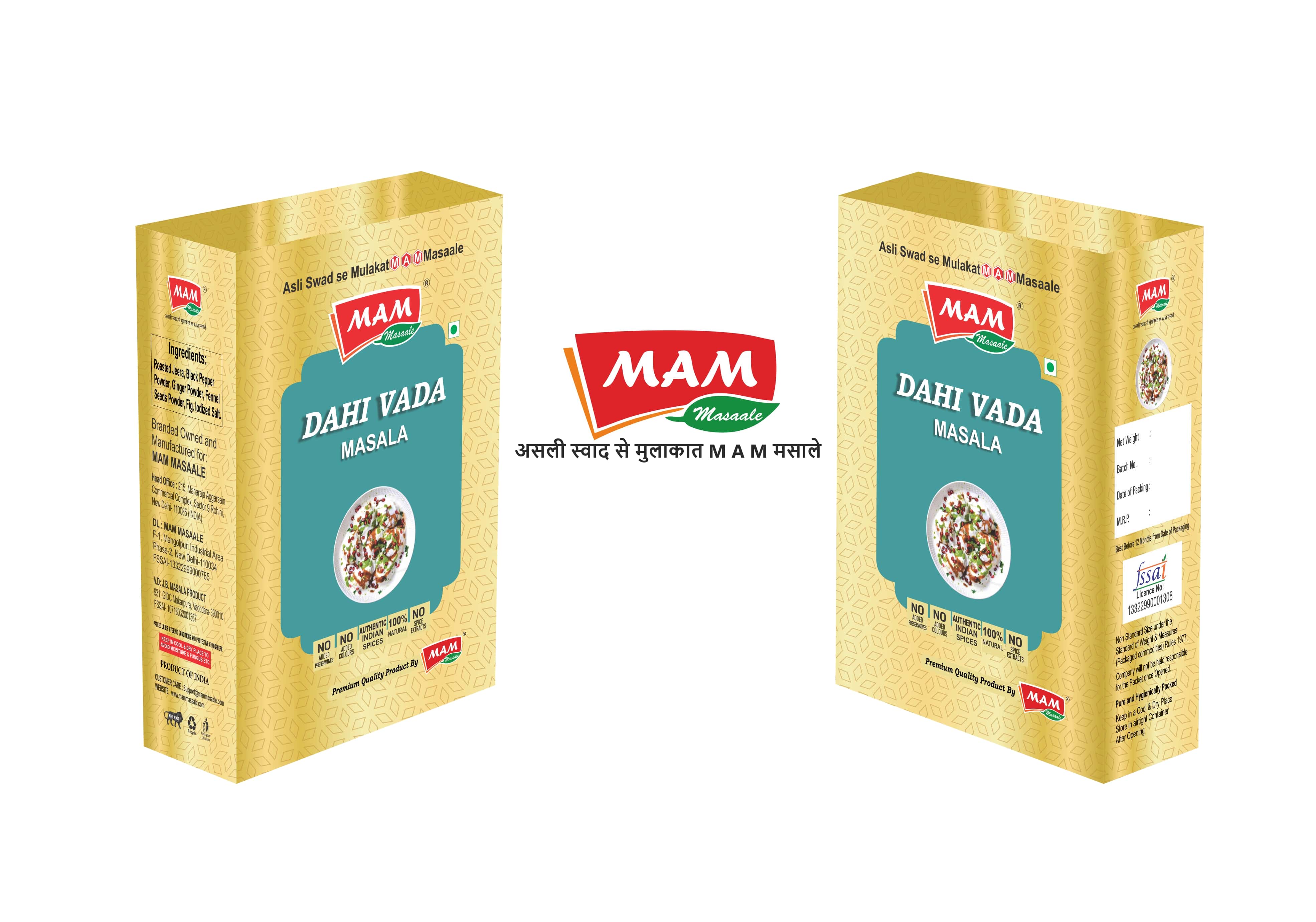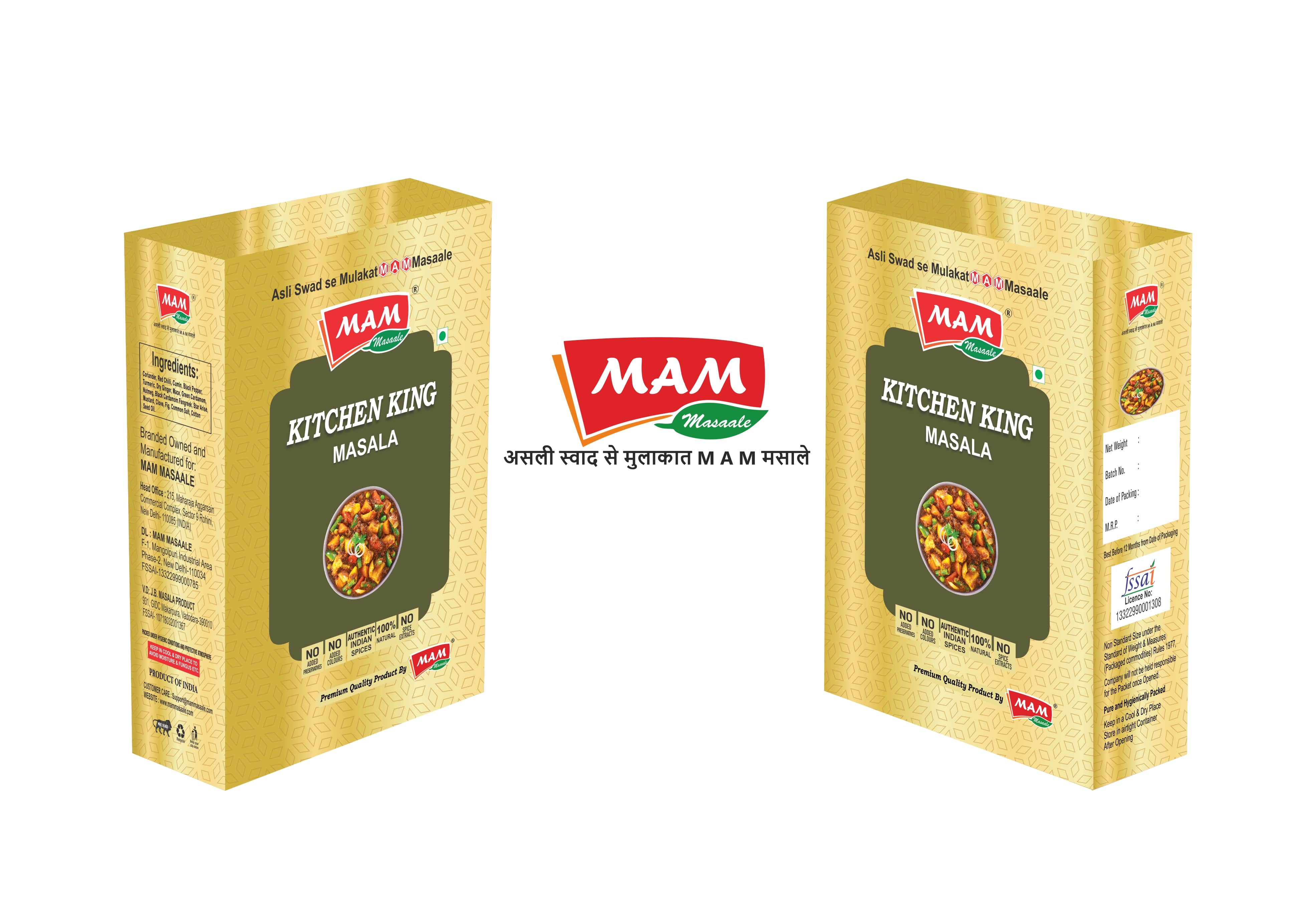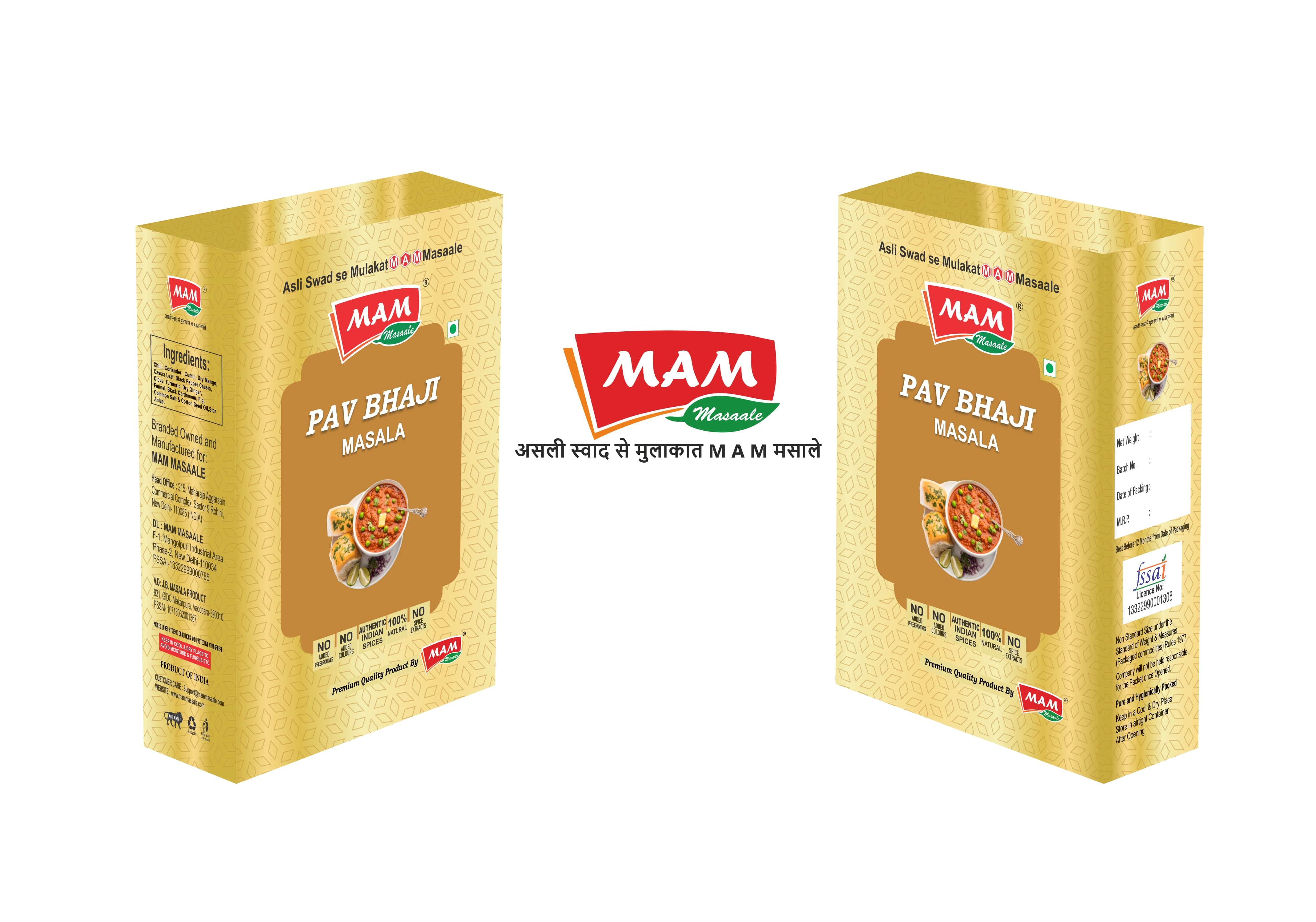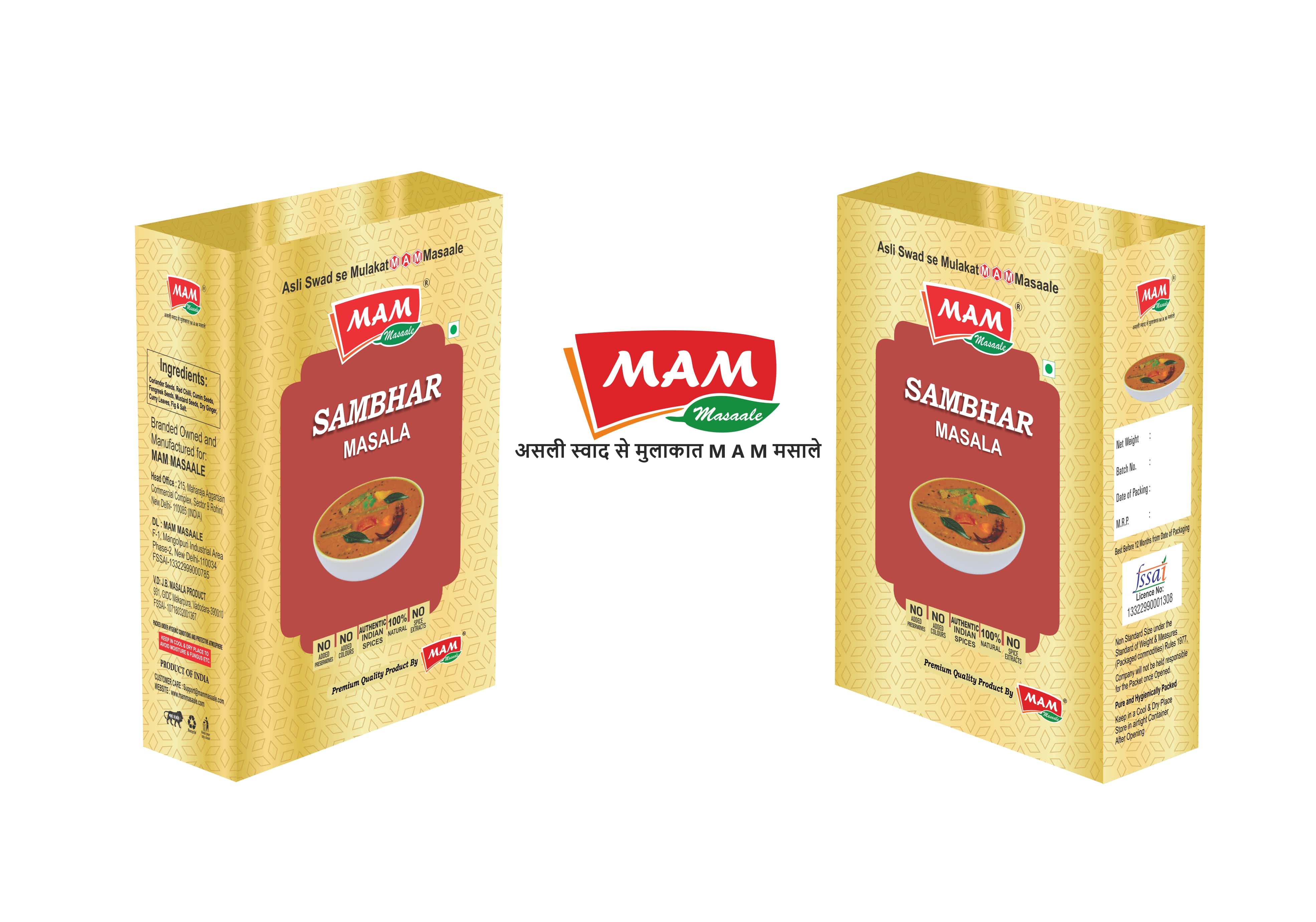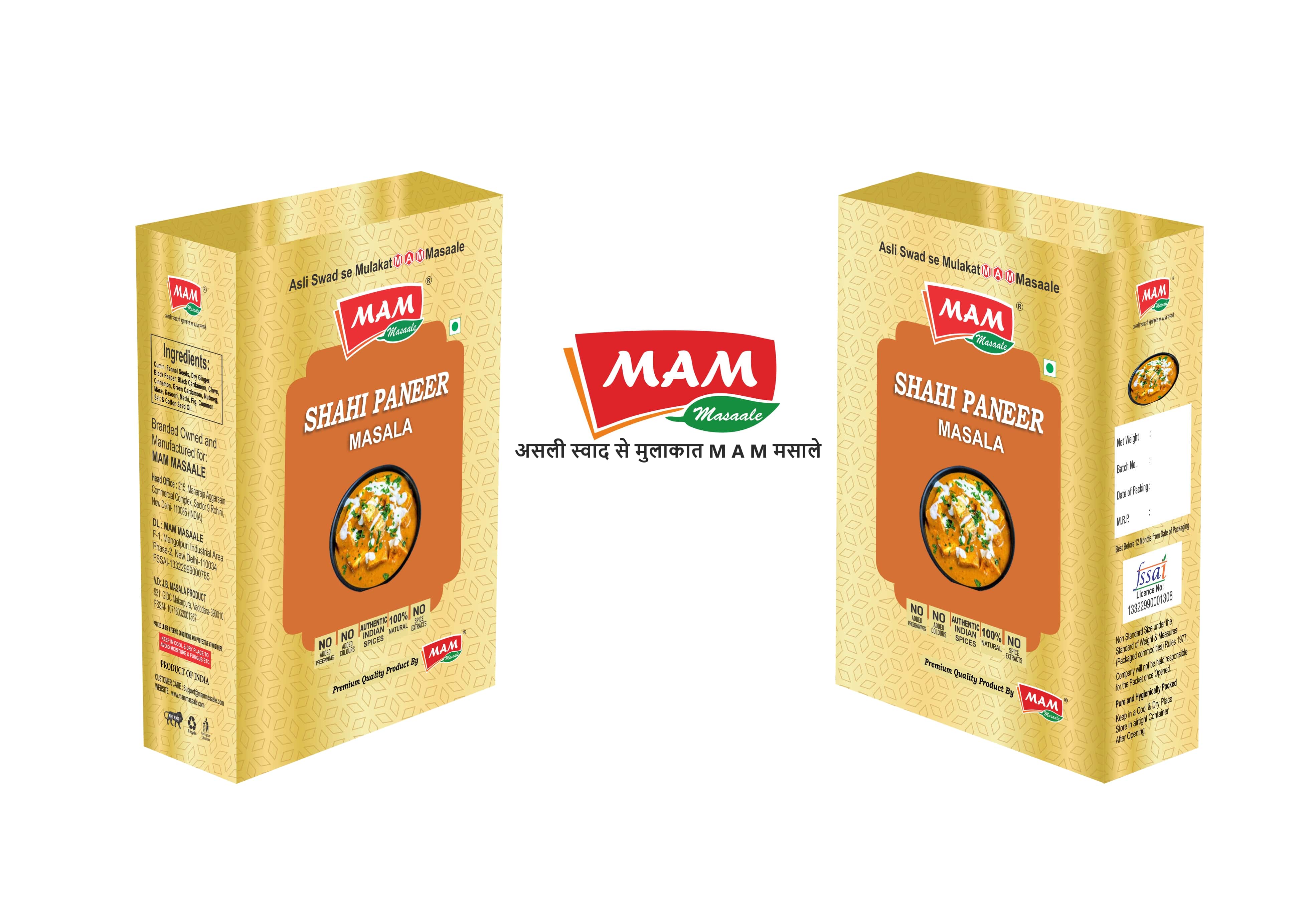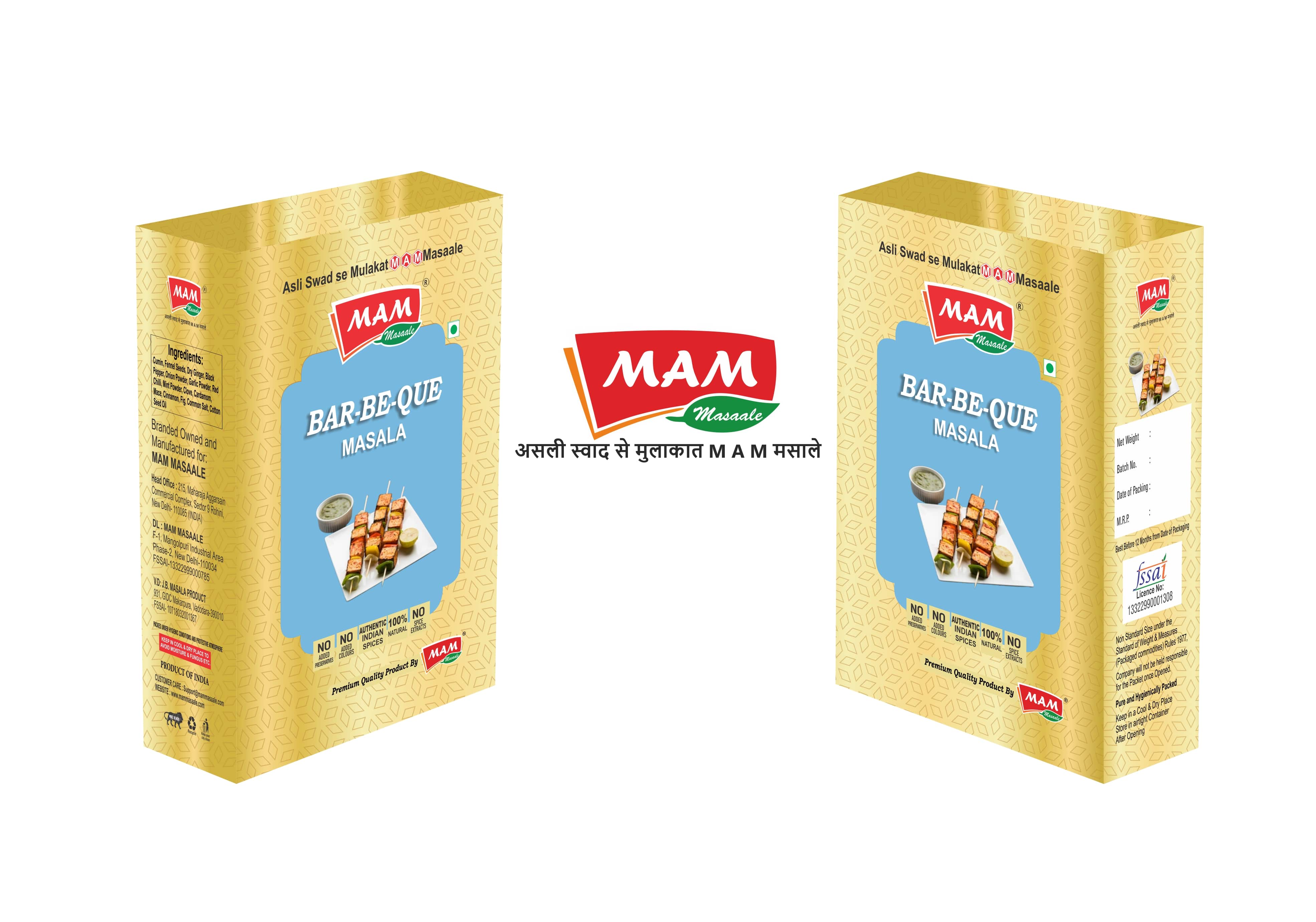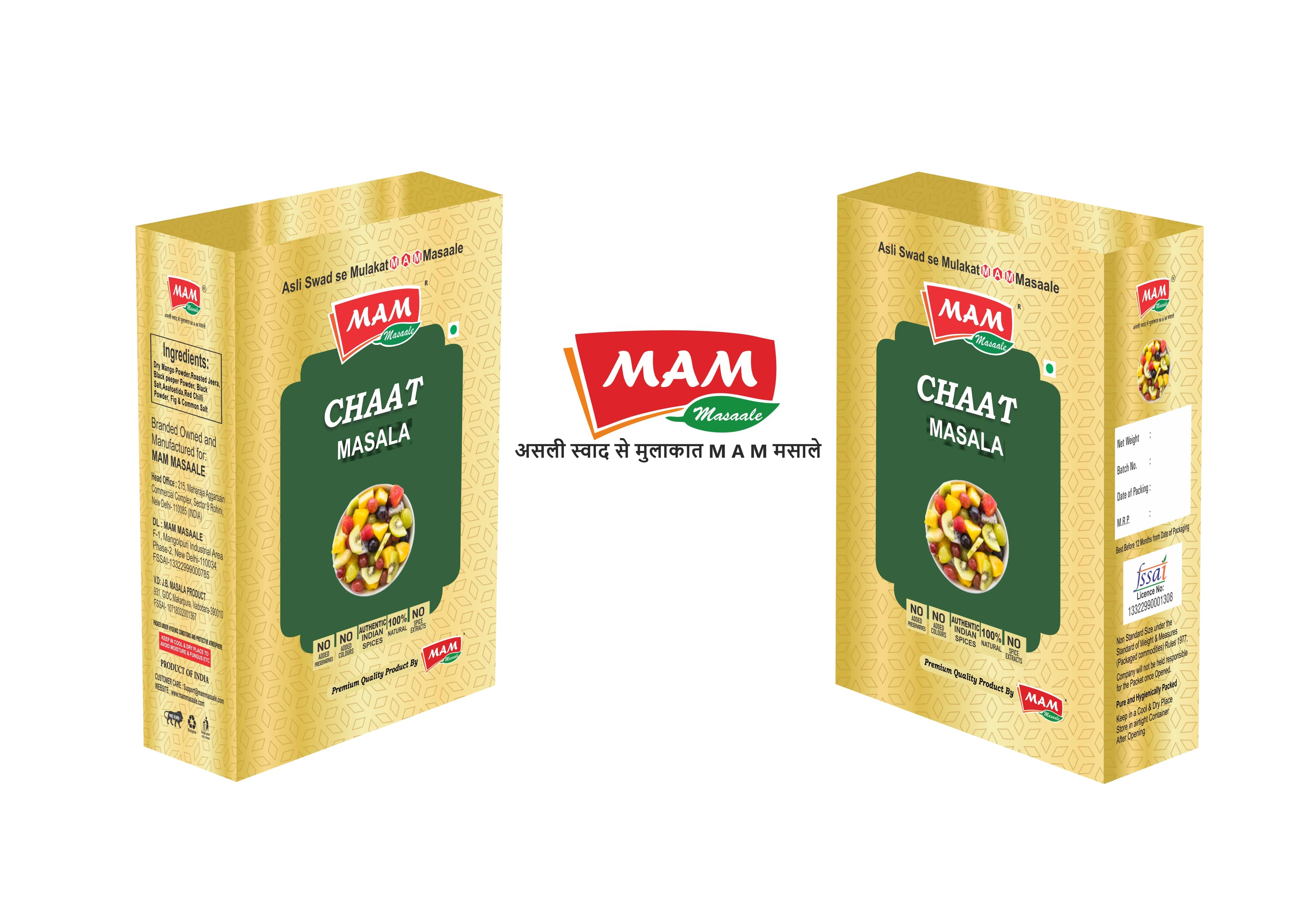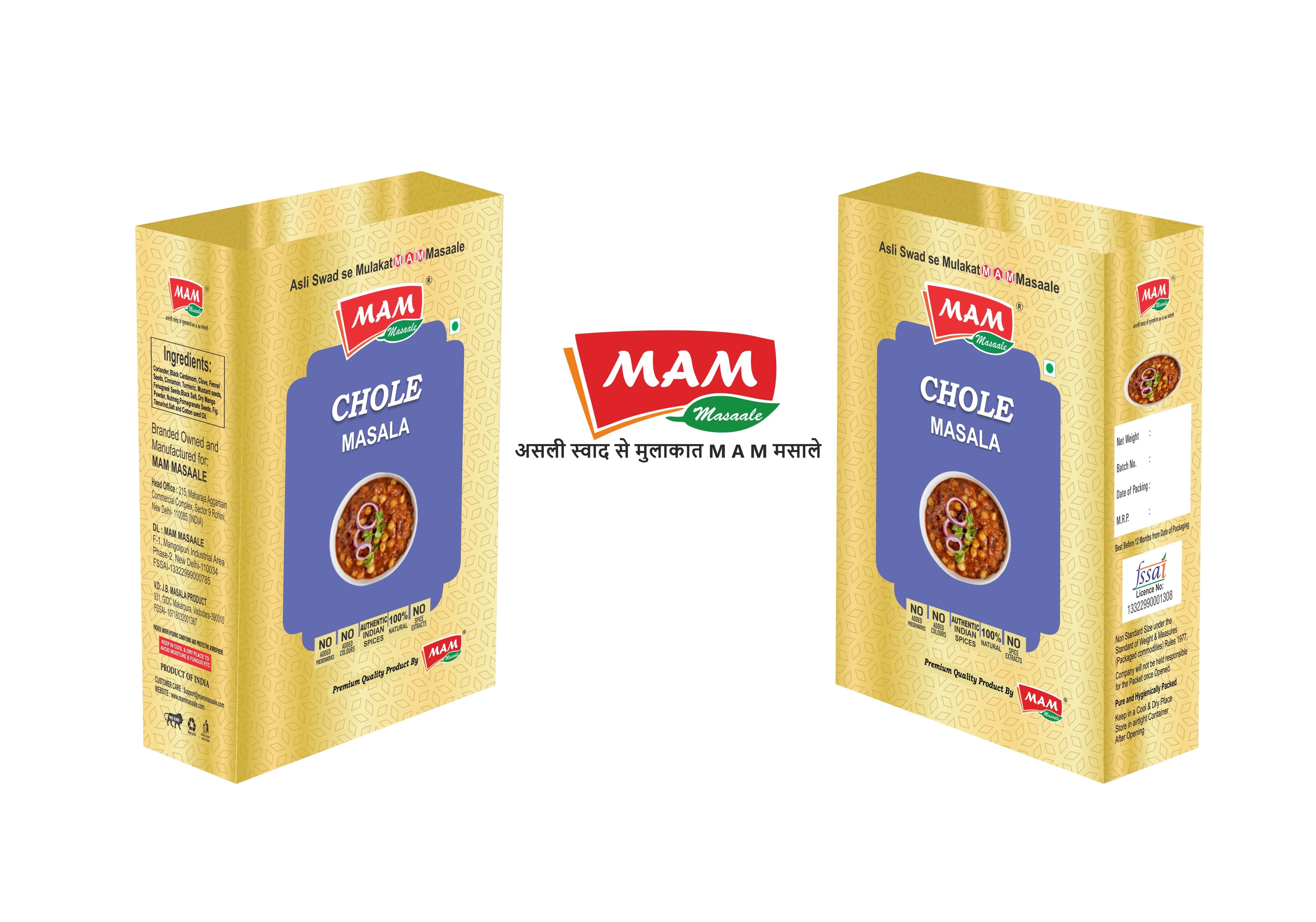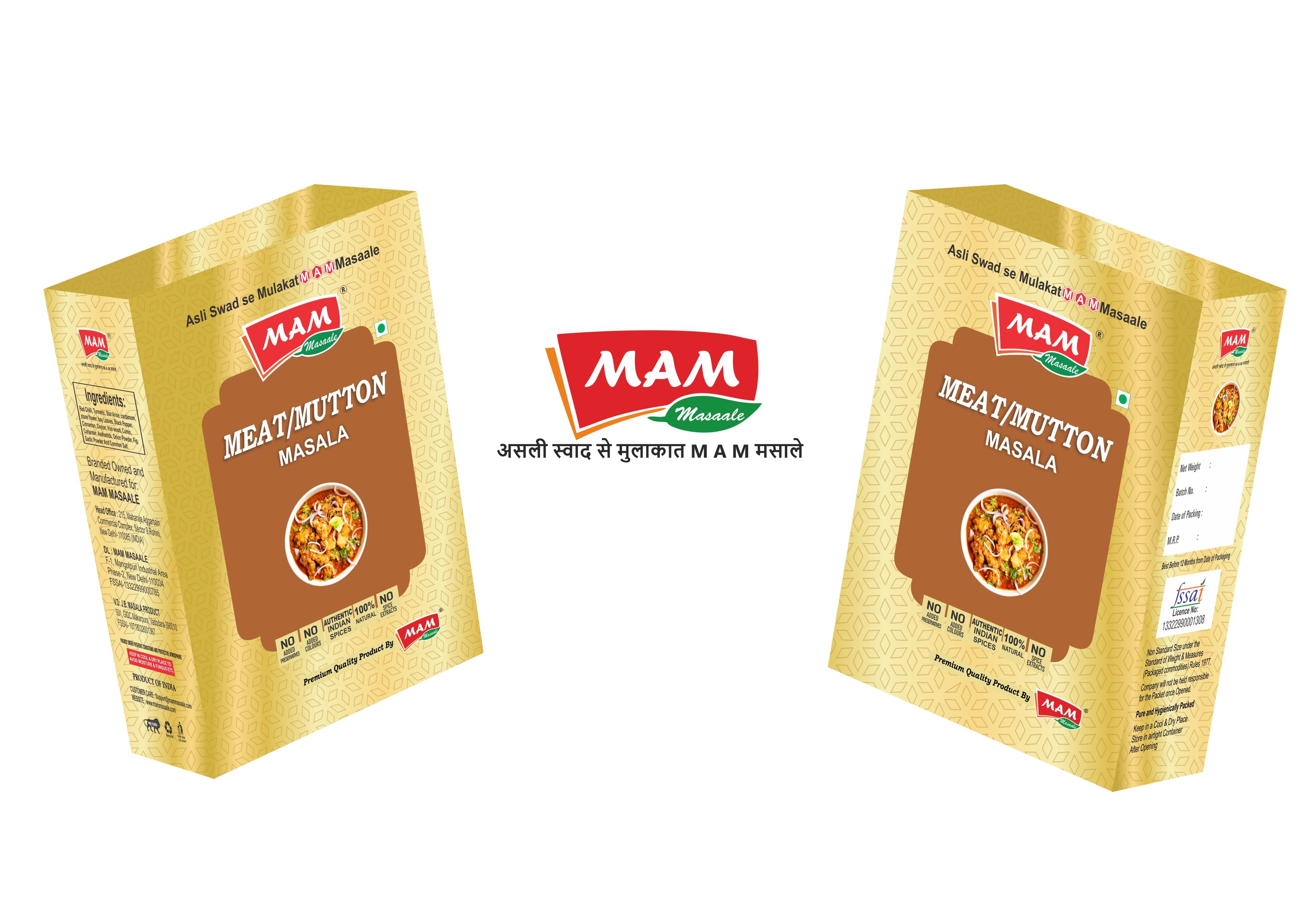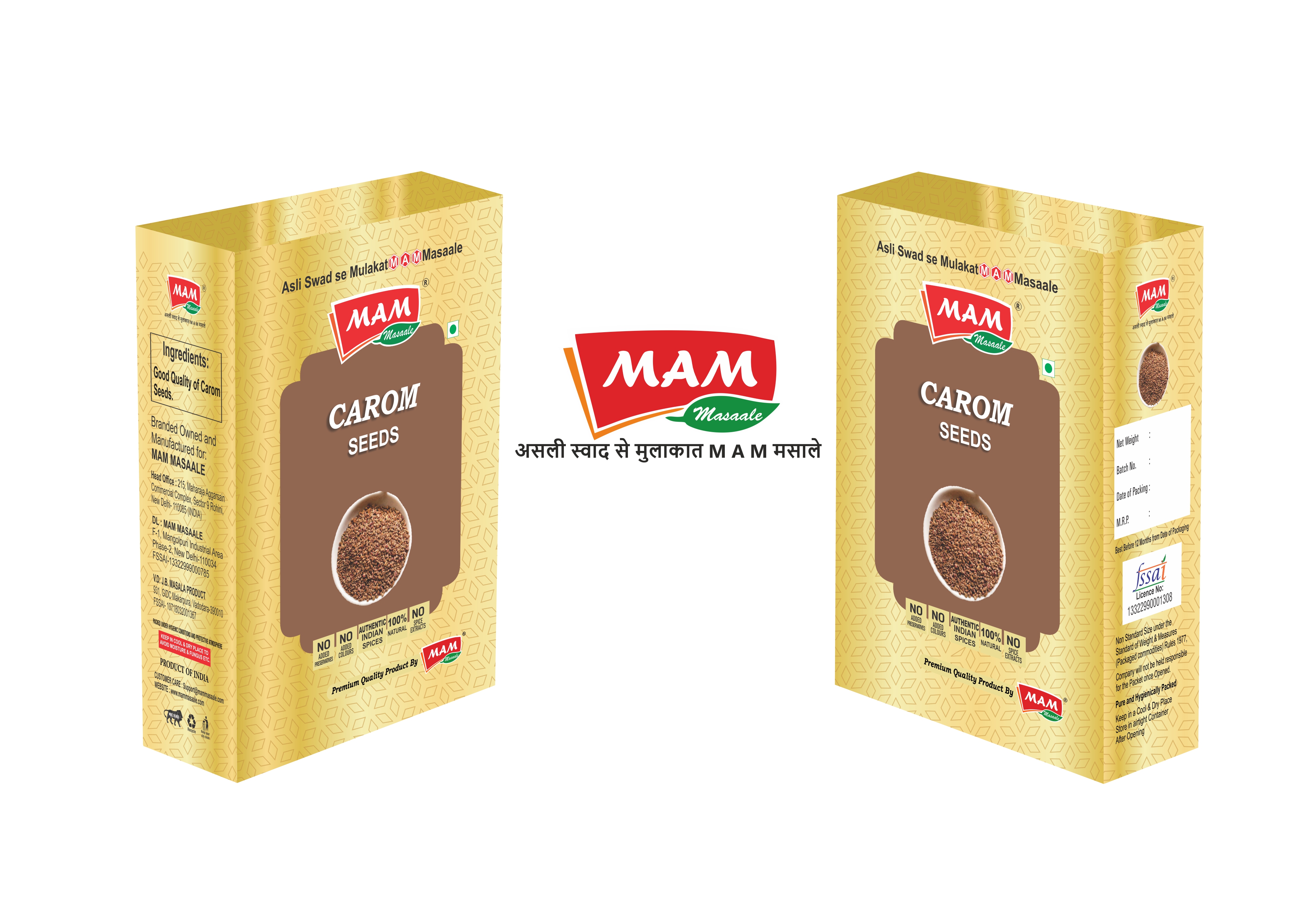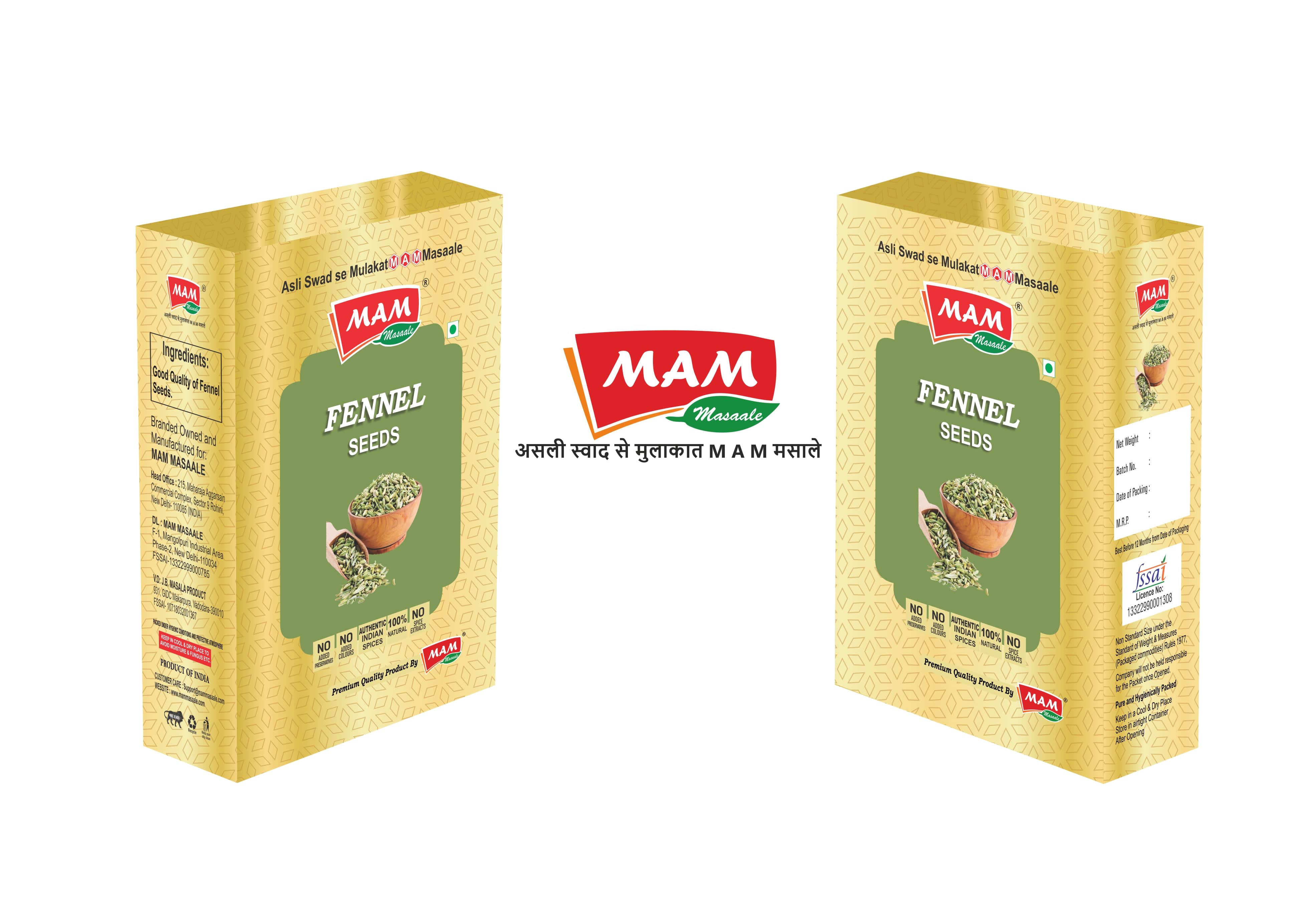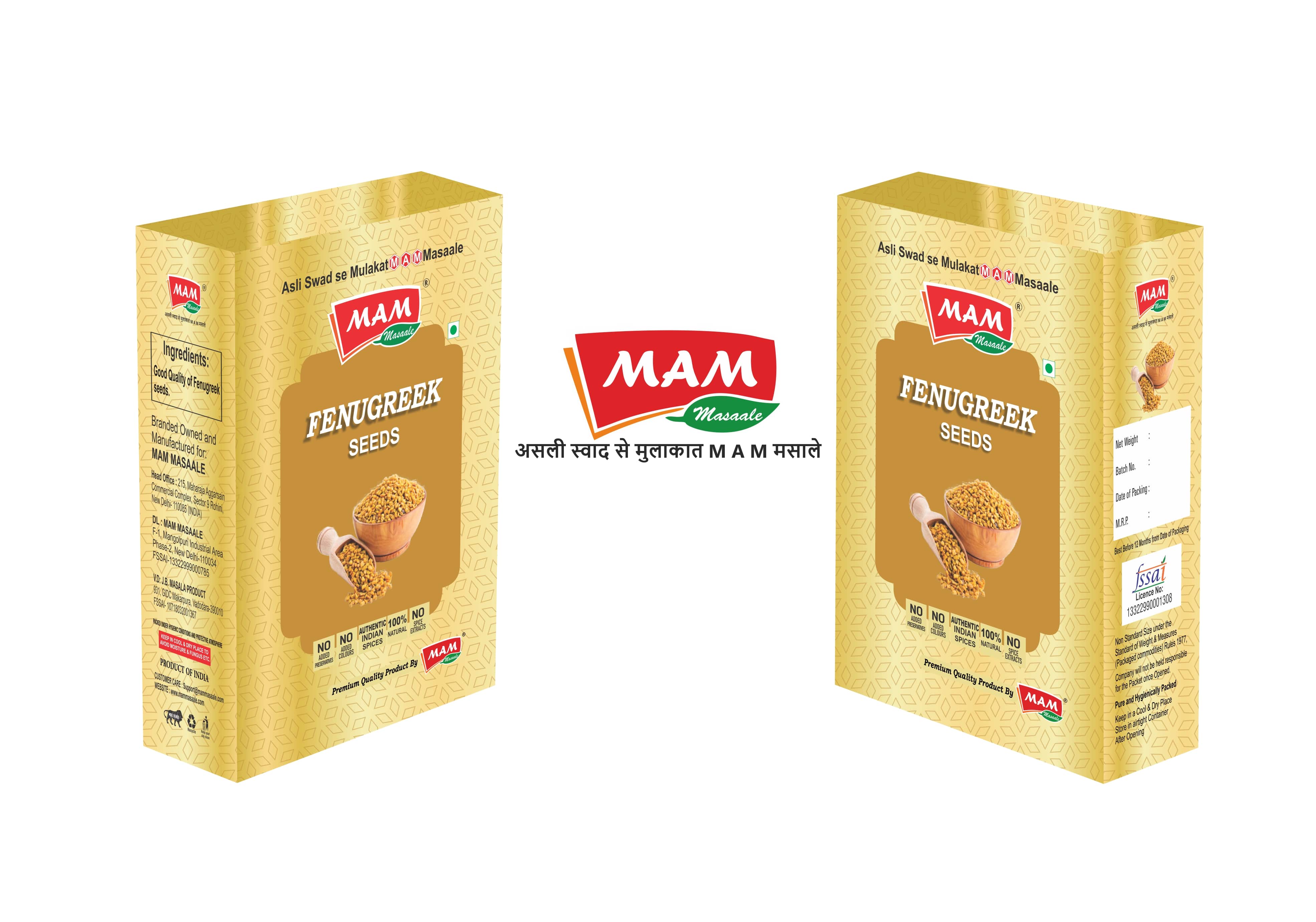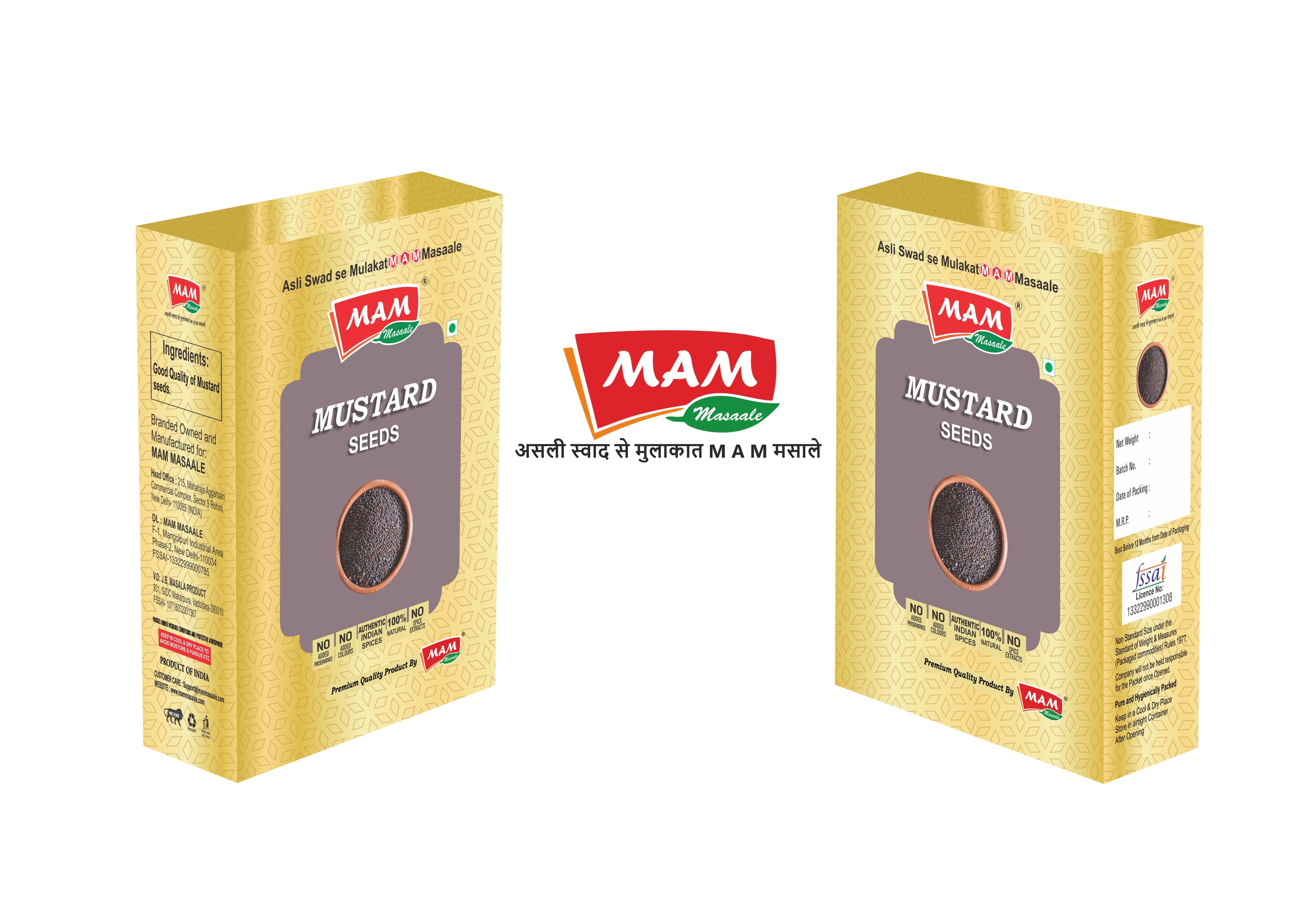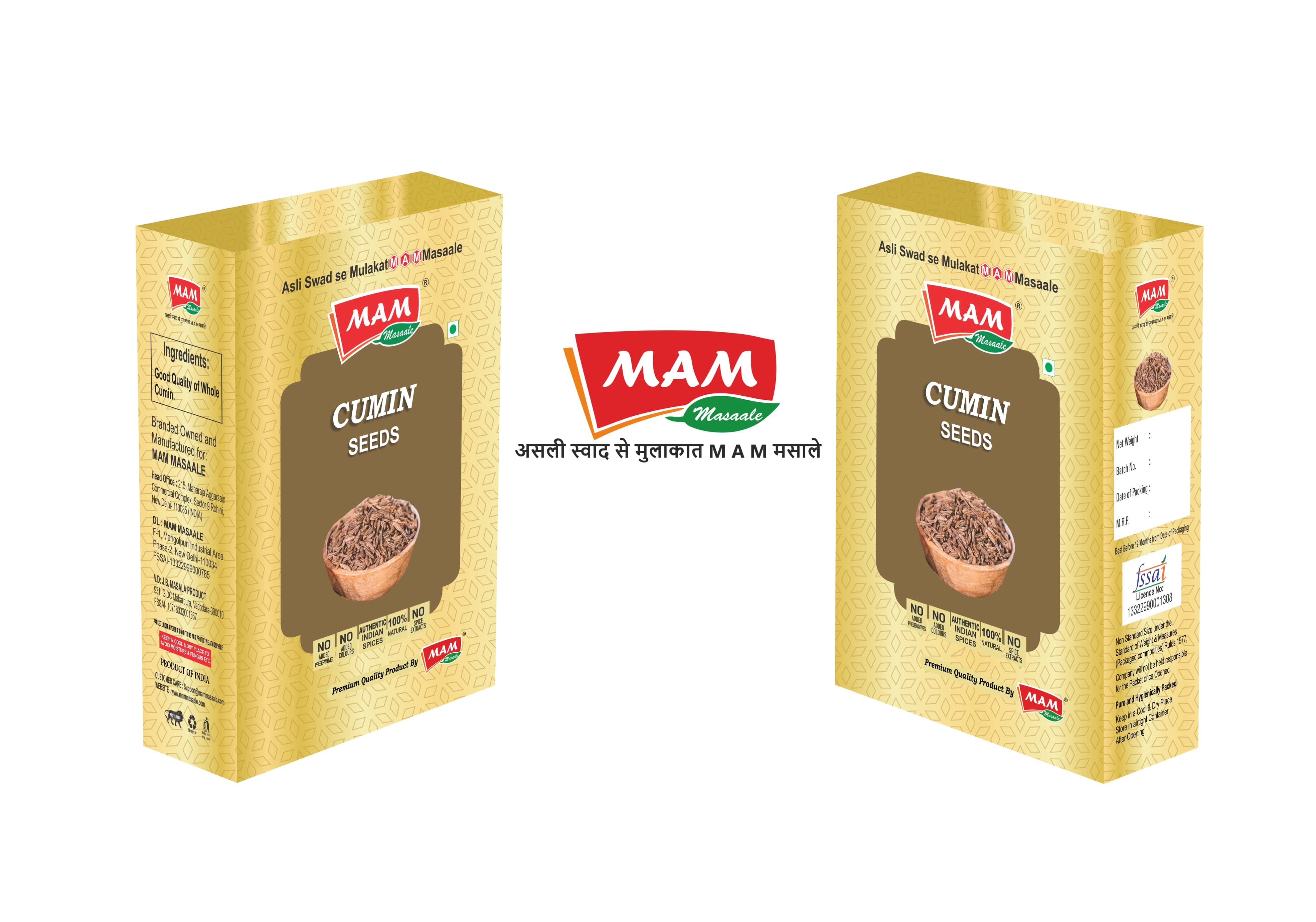4 whole spices are included in Indian Dishes and Boost immunity
Herbs and spices have always been an excellent way to increase the flavour, colour, and texture of food without introducing more salt, sugar, or fat. They provide strong antioxidants and have a variety of health benefits. Different Indian and Oriental foods include spices in a variety of sizes and quantities.
Here are the most important entire spices from the large range that improve foods and dishes while also providing significant health and proven to be helpful. We are the Best Indian Spices Manufacturers and Exporters Company in Delhi.
For those who prefer eating Indian food, it is a wonderland. One who doesn't enjoy eating will have ideas through various a liking for Indian food. The variety of spices that are available here are used for more than just flavour; they also have medical benefits. They are growing more widely used all over the world and offer medical benefits.
Turmeric
Turmeric is another spice in the group of MAM Masaale. It is well known that turmeric can fight off harmful visitors, cure injuries produced by germs and viruses, and decrease the body's level of inflammation. Since oxygen free radicals are chemically active chemicals that harm the body's cells, curcumin is a furious forager of these molecules. Numerous scientific investigations on turmeric's ability to treat disease have revealed that it can block cancer development and growth at the most fundamental level.
Pepper
The main ingredient in black pepper, piperine, may have potent anti-inflammatory and antioxidant properties. Medical research suggests that black pepper may improve gut and brain health, lower blood sugar, and increase levels of healthy cholesterol. Additionally, pepper aids in the growth of red blood cells, prevention and treatment, stomach and intestine cleansing, blood pressure control, and detoxification. Additionally, pepper relieves diarrhoea, treats skin rashes and acne, and miraculously helps people lose weight.
Fenugreek
Due to the positive effects fenugreek seeds can have on a person's health, it is frequently advised that people with diabetes incorporate them into their diet. Amazing findings have come from studies on the impact of fenugreek seeds on type 2 diabetes. It was discovered that fenugreek seeds reduce insulin resistance and assist reduce blood sugar. Fenugreek seeds can also aid in easing menstrual cramps and other symptoms of the menstrual cycle. Fenugreek seeds have analgesic and anti-inflammatory properties.
Cinnamon
Since the time of Antiquity, cinnamon has been used as a spice. It was formerly unique, valued, and thought of as the kind of gift that kings would love to get. Cinnamon is a common raw ingredient in many different types of foods and recipes now because it is affordable, easily available, and sold in every supermarket and local store. There are two primary types of cinnamon: Cassia cinnamon, which is the most widely distributed type, and Ceylon cinnamon, also known as "genuine" cinnamon. The oily component of cinnamon, which is highly high in the molecule cinnamaldehyde and helps to enhance digestion, metabolism, and blood sugar levels, is what gives it its delicate flavour and flavour.
MAM Masaale is the Top Spice Exporter In India
Read about India's Best Spice Exporter. learn more about the most commonly used and important Indian spices, Leading Indian exporter of spices The majority of the 109 varieties of spices classified by the International Organisation for Standardisation (ISO) are produced in India, which also uses and exports the most of spices. India also accounts for half of the world's spice trade. The Indian subcontinent is the source of a wide variety of spices. India produces a large variety of spices, many of which are indigenous to the subcontinent, due to the different environmental conditions in the various regions of the country. Others had been raised locally for generations and were imported from comparable populations. India has a number of MAM Masaale top spice exporters due to its significant spice production. Some of the various spices used in India are cumin, cardamom, coriander, turmeric, pepper, saffron, and many others.
MAM Masaale: The Indian key to immunity
The rich flavour, texture, and flavour of spices, in combination to their medicinal and curative advantages, make it impossible to imagine a society without spices. However, the digital environment of today has a lot of unverified information about spices. Well-being and health have received a lot of attention today, with a focus on procedures to maintain safety and health.
Because spices were the main and most important products at the time, the trading activity networks were recognized as spice routes.
The spice trade was the largest industry in the world because it contributed to the discovery of new planets, connected societies and culture, and helped establish the ground for the world today.
Both India and many other countries have a long history of using spices for a variety of food and medicinal uses.
Since the pandemic started, there has been a focus on health care, and people have been looking for nutrition certifications or health products to fill in the nutritional problems in their regular diet and boost their immune systems. Spices are the most favoured source of these products. Additionally, this has resulted in an increase in spice demand.
Spices increase the flavour and taste of food, making you think of delicious Indian food. It also makes me think of our grandmother's recipes and quick cures for illnesses. Today, especially with pandemics, this traditional knowledge that has been passed on from generation over time is acknowledged on a large scale. In India, spices are used in food as well as health because they are successful at treating a wide range of ailments. Spices should always be purchased fresh and stored in airtight containers.
The world needs to learn more about spices and their clinical value in order to create safe, effective, and cost-efficient treatments to help the globe fight numerous illnesses and diseases. Spices are not marketable products, but they are our assets.
The roots of spices date a long way. The best-published account of spices is found in the Vedas. Spices were first employed as a way to keep cooked food from contamination, then as a preservative, and finally as a way to flavour food. Spices are now an essential component of daily life for humans. Travellers and explorers from all over the world were attracted to the trading of spices, particularly black pepper.


